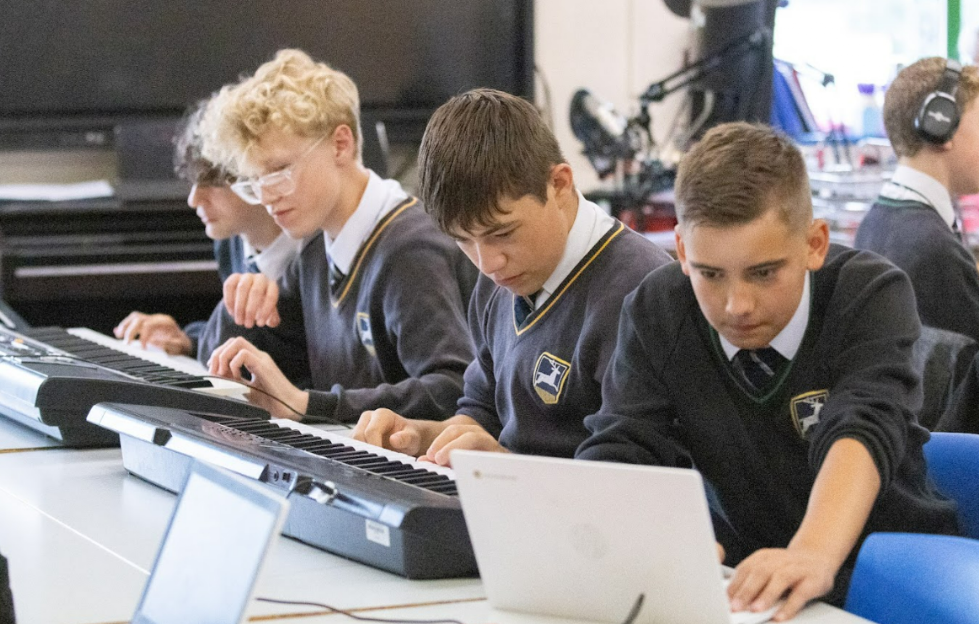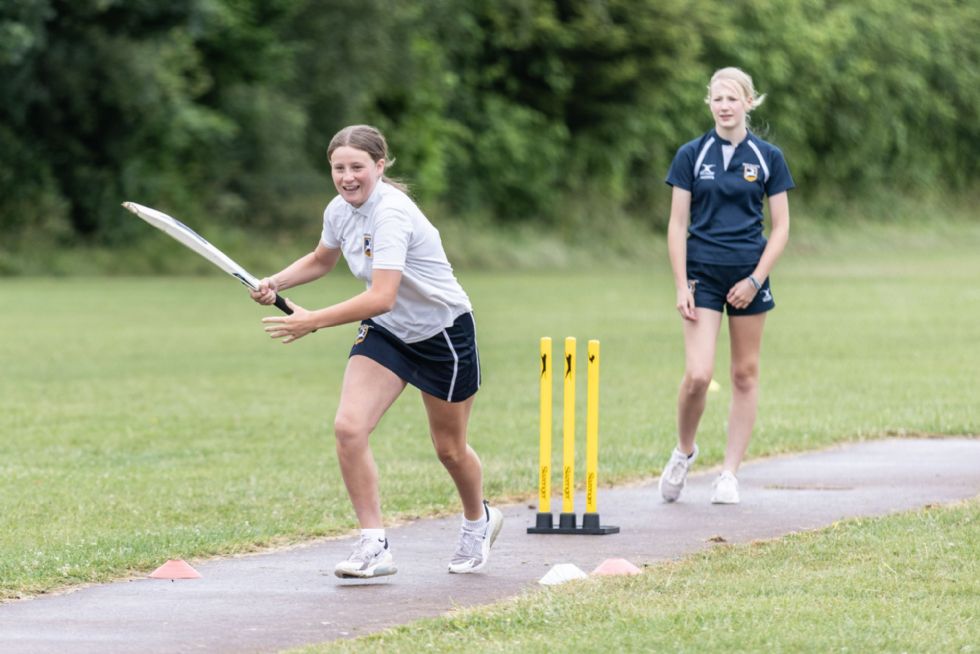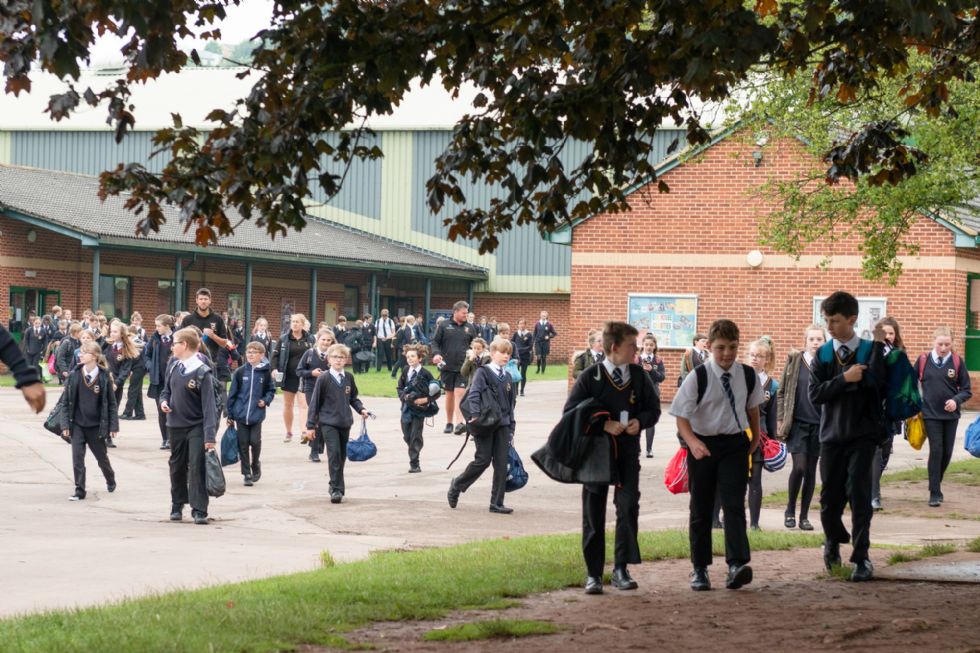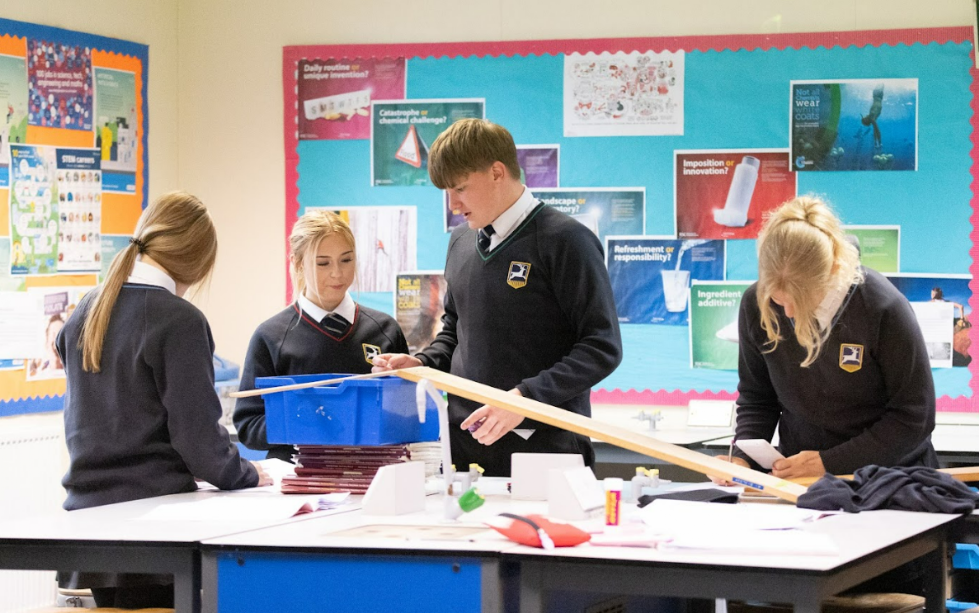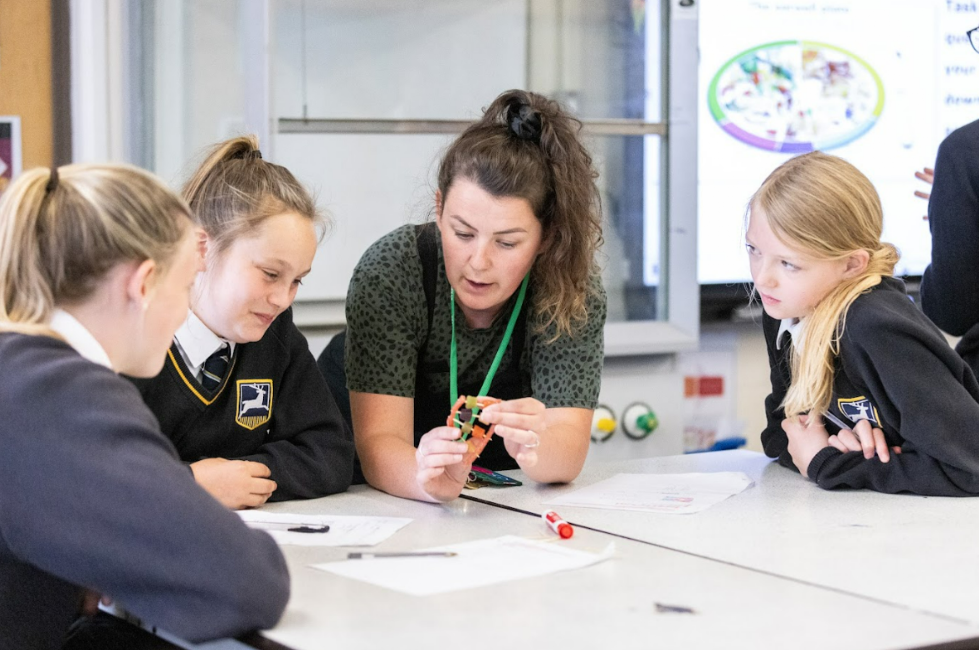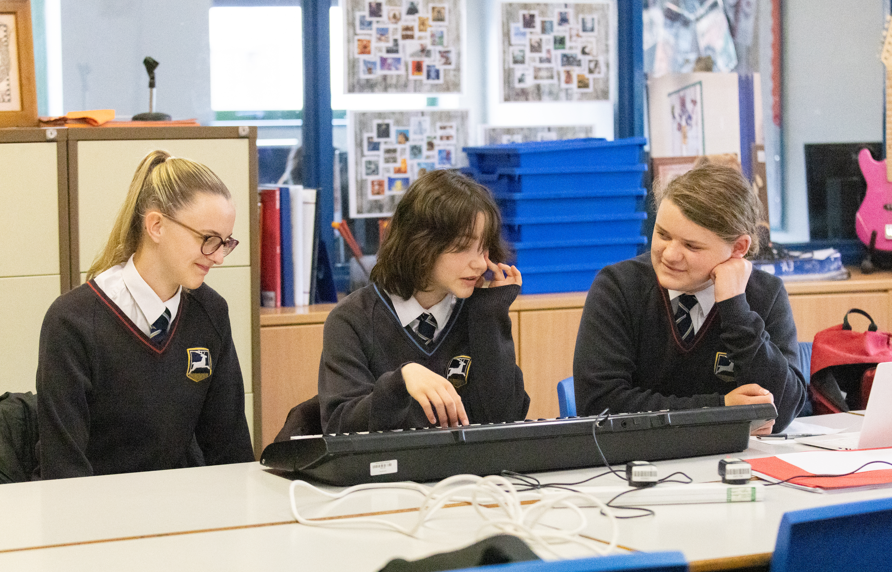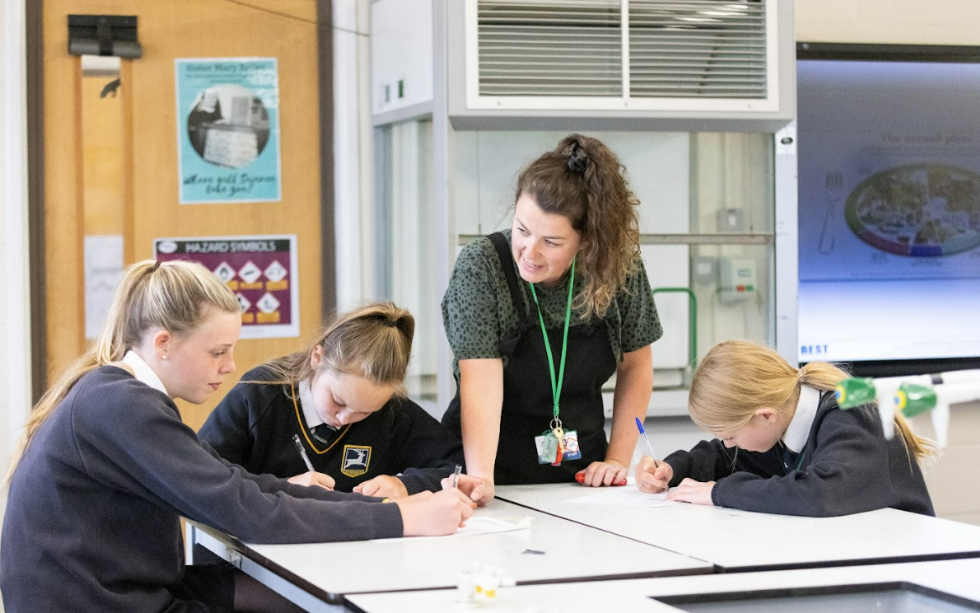English Language and Literature
Syllabus Title: AQA A Level English Language and Literature
Examination Board: AQA
Assessment Outline:
| A Level | ||
| Views and Voices | Looking at point of view and genre in prose and poetic voices. | • Written exam: 1 hour 30 minutes E.g. texts: Margaret Atwood, The Handmaid’s Tale; Alice Sebold, The Lovely Bones; Carol Ann Duffy; Seamus Heaney |
| People and Places | Adapting and shaping original writing material and also evaluating your own writing | • Written exam: 1 hour 30 minutes |
| Telling Stories | Looking at point of view and genre in prose and poetic voices | • Written exam: 3 hours E.g. texts: Jon Krakauer, Into the Wild; F. Scott Fitzgerald, The Great Gatsby |
| Exploring conflict | • Writing about society – the role of the individual in society and re-creative writing based on set texts | • Written exam: 2 hours 30 minutes E.g. texts: William Shakespeare, Othello; Arthur Miller, All My Sons; Tennessee Williams, A Streetcar Named Desire. |
| Non-exam assessment: | • Making connections – investigation on a chosen theme and texts |
• Assessed by teachers • 20% of A-level |
Studying A level:
Designed with a focus on the integration of language and literature, the English Language and Literature course enables students to see how linguistic and literary methods are related and to explore these links in their work. Offering clear skills progression from GCSE, this course allows students to build on the skills and knowledge already gained and prepare for their next steps.
Entry Requirements:
Students must have achieved a Grade 6 or above at GCSE Language and/or Literature.
Future Career Options:
The subject can lead students on to a variety of degree-level subjects such as Journalism, Publishing, Editing, Teaching, not to mention opening up doors for those seeking a career in alternative, but connected, industries such as Law, Advertising and Media and Politics. The analytical and communicative skills associated with English Literature also apply well to areas of business, such as Public Relations.
Further Reading List:
Alongside the core texts listed above, students are encouraged to widen their reading with the following texts:
- Notes from a Small Island – Bill Bryson
- In Patagonia – Bruce Chatwin
- Dracula – Bram Stoker
- The Hound of the Baskervilles – Arthur Conan Doyle
- The Picture of Dorian Grey – Oscar Wilde
- The Bloody Chamber – Angela Carter
- Great Expectations – Charles Dickens
- A Streetcar Named Desire – Tennessee Williams
- The Crucible – Arthur Miller


